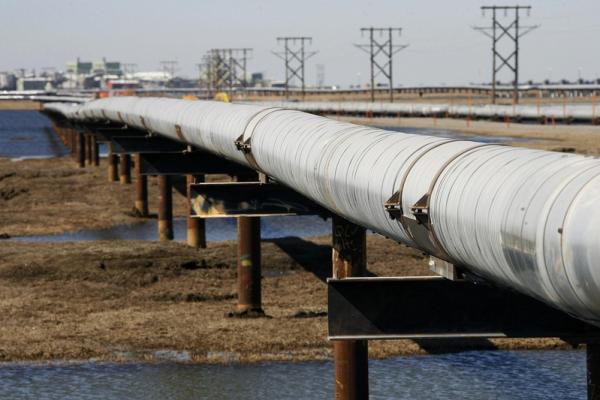BofA warns Fed risks policy mistake with early rate cuts
By Barani Krishnan
Investing.com - It’s not every day that a tech company influences the direction for crude prices with what it says. But when the guidance comes from Apple (NASDAQ:AAPL), oil traders had better listen.
Crude prices fell as U.S. markets reopened from the President’s Day holiday amid Apple’s warning that the Covid-19 outbreak will prevent it from meeting its second-quarter revenue forecasts due to production and sales slides in China, the manufacturing hub and second-biggest market for iPhones.
Brent, the global benchmark for crude, was down 20 cents, or 0.4%, at $57.47 per barrel by 1:33 PM ET (18:33 GMT).
WTI, the U.S. crude benchmark, slid 29 cents, or 0.6%, to $52.03.
It was the second day of losses in a row for crude after Monday’s decline in European and Asian trading. Although the market was trading far above session lows by Tuesday afternoon, the slide was still a damper for oil bulls who thought crude had found a bottom after last week’s unexpected rebound of more than 5% in Brent and more than 3% in WTI.
Apple’s caution also pulled Wall Street lower, adding to the chill across equity markets at the latest spike in Chinese Covid-19 statistics, which showed the number of infections at 72,436 as of Tuesday morning, up nearly 1,888 from a day before, and the death toll at 1,868, up 98 from 1,770.
“This is like an Apple warning a day keeping stock and oil buyers away,” said Phil Flynn, energy analyst at Chicago broker Prices Futures Group. “A warning by Apple (NASDAQ:AAPL) is a warning, though it should not be anything more than a short-term bearish impact.”
Oil bulls are fervently hoping Russia will agree to production cuts of some 600,000 barrels per day proposed by Saudi Arabia and its other allies in OPEC.
Oil ministers in the alliance, known as OPEC+, are to meet in Vienna on March 5-6 to discuss next steps on rescuing the market from the impact of Covid-19.
Yet, as Olivier Jakob at the Petromax oil risk consultancy in Zug, Switzerland, pointed out, Russia may have good reason for not joining the OPEC cuts because data shows Saudi crude exports haven’t fallen much despite the widely-feared crash in Chinese demand for oil.
“We can understand Russia’s hesitation when looking at the latest official numbers for Saudi Arabia published,” Jakob said in a note.
“Saudi Arabia reports that its production has dropped 1.05 million barrels per day versus a year ago, but its crude oil exports are down only 0.3 million bpd year on year. Saudi Arabia is reporting a big drop in production but kept most of its market share in international crude oil markets by running less crude oil in its refineries and drawing down on stocks.”
Oil industry executives in Russia have advised President Vladimir Putin to resist cooperating with OPEC on the cuts, arguing that any reduction of crude exports by Moscow will benefit competitors, especially U.S. drillers who aren’t a part of OPEC.
